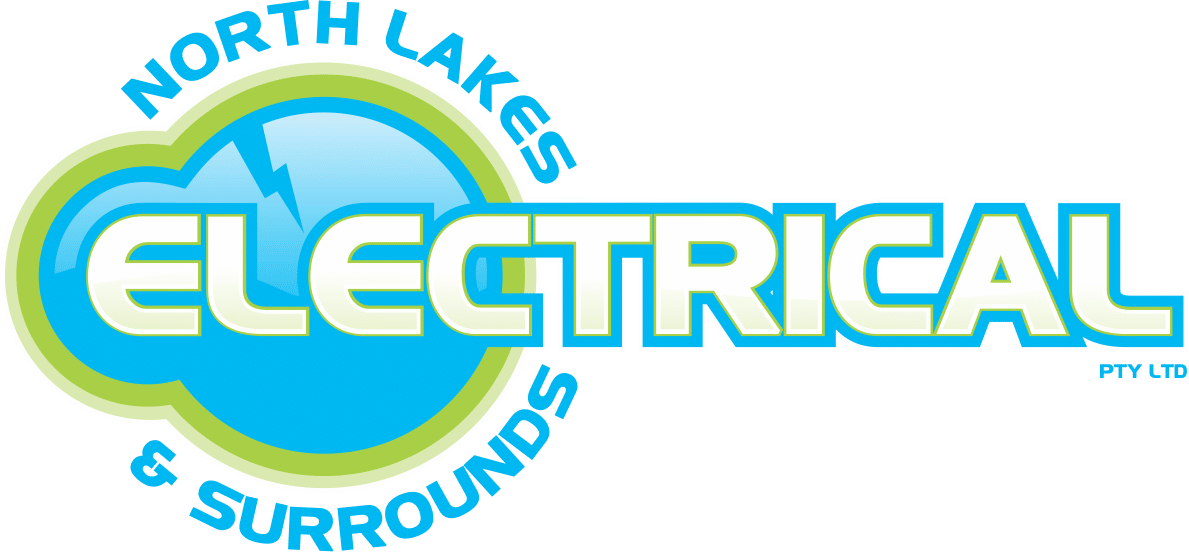Basic Electrical Safety Tips for Homeowners: Preventing Electrical Accidents
Electrical safety is paramount for every homeowner. At North Lakes and Surrounds Electrical, located in North Brisbane, we understand the importance of keeping your home safe from electrical hazards. Whether you’re dealing with old wiring, modern appliances, or everything in between, understanding and implementing basic electrical safety tips can prevent accidents and ensure the safety of your family. Here’s a comprehensive guide to help you maintain a safe electrical environment in your home.
1. Understand the Basics of Electrical Safety
Why It’s Important: Knowing the fundamentals of electrical safety can significantly reduce the risk of accidents and injuries.
What to Do:
- Familiarize yourself with common electrical terms and concepts such as voltage, current, and circuit breakers.
- Always adhere to the safety standards and guidelines set by local building codes and electrical safety organizations.
2. Inspect Your Electrical System Regularly
Why It’s Important: Regular inspections help identify and address potential issues before they escalate into serious problems.
What to Do:
- Check for visible signs of wear and tear, such as frayed wires, scorch marks, or damaged outlets.
- Hire a licensed electrician to perform a thorough inspection of your electrical system every 3-5 years, or immediately if you notice any unusual behavior.
3. Install and Test Smoke Detectors and Carbon Monoxide Alarms
Why It’s Important: These devices are critical for early detection of fires and carbon monoxide leaks, protecting your home and family.
What to Do:
- Install smoke detectors on every floor of your home, especially near sleeping areas.
- Place carbon monoxide alarms near bedrooms and on each level of your home.
- Test alarms monthly and replace the batteries at least once a year. Replace smoke detectors every 10 years and carbon monoxide alarms every 5-7 years.
4. Use Appliances Safely
Why It’s Important: Proper use and maintenance of appliances reduce the risk of electrical fires and accidents.
What to Do:
- Follow the manufacturer’s instructions for installation, use, and maintenance of all electrical appliances.
- Unplug appliances when not in use to prevent electrical fires.
- Avoid overloading outlets and power strips. Use surge protectors to safeguard against power surges.
5. Keep Electrical Cords and Outlets in Good Condition
Why It’s Important: Damaged cords and outlets are a major cause of electrical accidents.
What to Do:
- Inspect cords regularly for signs of damage, such as fraying, cracking, or exposed wires. Replace damaged cords immediately.
- Ensure that outlets are not overloaded and that plugs fit snugly. Avoid using extension cords as a permanent solution.
- Install tamper-resistant outlets in homes with young children to prevent accidental shocks.
6. Be Cautious with Water and Electricity
Why It’s Important: Water and electricity are a dangerous combination, and safety precautions are essential.
What to Do:
- Keep electrical appliances away from sinks, bathtubs, and other water sources.
- Install ground fault circuit interrupters (GFCIs) in areas where electricity and water are in close proximity, such as bathrooms, kitchens, and outdoor spaces.
- Never touch electrical appliances or switches with wet hands.
7. Know How to Turn Off Your Electrical System
Why It’s Important: In an emergency, knowing how to shut off power quickly can prevent injuries and damage.
What to Do:
- Locate your main electrical panel and ensure that everyone in your household knows how to turn off the main power switch.
- Label each circuit breaker clearly to identify which one controls specific areas or appliances in your home.
8. Avoid DIY Electrical Work
Why It’s Important: Electrical work can be dangerous and requires specialized knowledge and skills.
What to Do:
- Unless you are a licensed electrician, avoid undertaking complex electrical repairs or installations yourself.
- Always hire a qualified electrician for any electrical work, including repairs, upgrades, and installations.
9. Use Proper Lighting and Electrical Fixtures
Why It’s Important: Proper lighting and fixtures enhance safety and reduce the risk of accidents.
What to Do:
- Use light bulbs with the correct wattage for your fixtures. Overloading fixtures with bulbs that have a higher wattage than recommended can cause overheating.
- Ensure that all lighting fixtures are securely mounted and that wires are properly insulated.
10. Educate Your Family About Electrical Safety
Why It’s Important: Teaching your family about electrical safety practices ensures that everyone knows how to prevent accidents.
What to Do:
- Explain the dangers of electrical hazards to children and ensure they understand the importance of not playing with outlets or cords.
- Show family members how to safely unplug devices and how to recognize signs of electrical issues.
Electrical safety is not something to take lightly. By following these basic tips, you can protect your home and loved ones from electrical hazards. At North Lakes and Surrounds Electrical, we are dedicated to providing safe, reliable electrical services to the North Brisbane community. Whether you need a routine inspection, electrical upgrades, or advice on maintaining your system, our team of experienced electricians is here to help.

